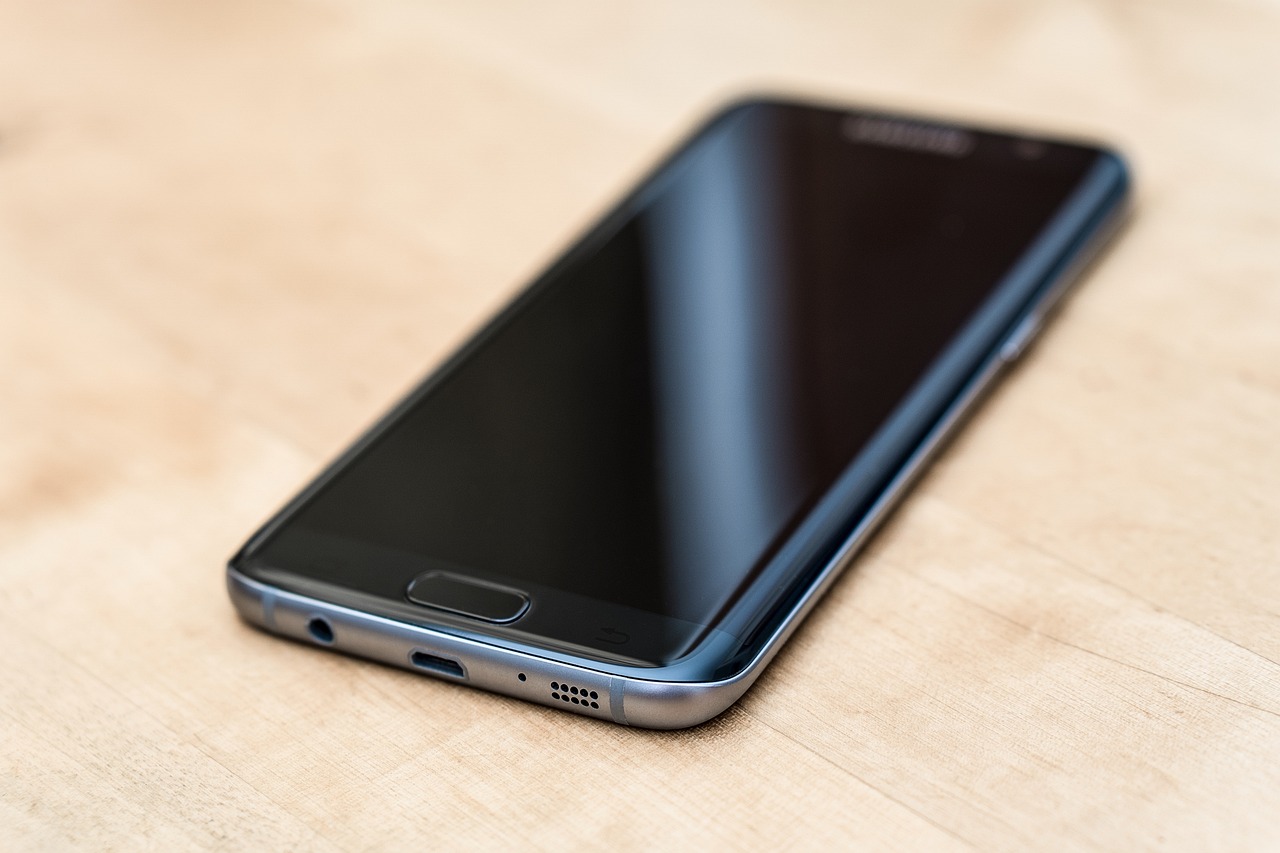See what your phone apps are doing with your data. The answer will shock you!
A global survey by cybersecurity specialist Nord VPN has found that most apps installed on mobile phones request access to more data than is necessary for the system to function.
The most surprising thing for Brazilians is that, along with Hong Kong, Taiwan, Singapore and Japan, Brazil is one of the countries with the highest number of unnecessary licenses. The study was conducted in 18 countries. Check out more information below.

Unnecessary authorizations
According to the study, 42% of the apps require authorizations outside of what is necessary, of which 37% want to access location, 35% camera, 22% photo album and 16% microphone on smartphones. The five most popular apps checked in the study requested 1,808 permissions on Android, of which 433 were unnecessary.
On Apple's phone, the app requires permissions for 421 activities and 73 are not required for the app to work.
Apps that collect more data
According to a 2021 study, Instagram and Facebook are the most popular apps that share user data with third parties to display personalized ads. The research by cloud storage company pCloud is based on Apple's App Store privacy labels. This is a feature in iOS 14 that informs you about the service's privacy practices when you accept its terms of use. This iPhone tool also shows how apps use this personal information.
pCloud’s analysis showed that 52% of the apps available on the App Store collect personal data to share with companies and advertisers. Among them, Instagram is the “champion”, sharing 79% of the data. Then comes Facebook, with a transmission rate of 53%, followed by LinkedIn and the defunct Uber Eats, both with a transmission rate of 50%. The main information collected is related to purchases, location and browsing history. However, identifiers and app usage data are also shared. pCloud’s research analyzed only the “Third-party advertising” and “Advertising or marketing to developers” sections of the App Store privacy label to find out what happens to your personal information when you use a specific platform.
Why do apps do this?
In fact, applications can collect data to improve their services. However, this information can also be sold to other companies to show you personalized ads based on your activity. This is why you often see ads for products based on your personal interests after you search on Instagram, for example.
Platforms also have the option of not selling this data and using it for their own benefit in “internal marketing”. This is the case of a streaming app that monitors user activity so that ads can be linked at the most optimal time possible. In the case of sharing personal data with other companies, the top of the ranking belongs to two apps from Mark Zuckerberg's company: Instagram and Facebook.
Other notable apps include YouTube, Duolingo, and eBay, which share 42% and 36% of information with advertisers, respectively. Additionally, TikTok, which has been widely criticized for its privacy scandal, comes in at number 12 on the list, with a user data transfer rate of 36%. The Chinese platform collects location data, contact information, browsing history, identifiers, and usage data.
Own advertising
According to the study, 80% of the apps studied used data to market their own products. This practice could be used to create their own advertising, provide personalized promotions or transmit information to collection companies.
Instagram and Facebook also top the rankings, using 86% of user data to benefit themselves. Uber, Uber Eats, LinkedIn, Twitter, YouTube and eBay use 50% of information to serve relevant ads on behalf of third parties. Amazon comes in at number 22 on the list, collecting 36% of user data.
Additionally, pCloud also quantifies which apps share less user data for their own benefit or sell information to third parties. Some less invasive apps include Signal, Clubhouse, Netflix, Microsoft Teams, and Google Classroom. Telegram, Skype, and Zoom are also on the list.
It's worth remembering that these apps still collect user data to improve the platform, such as diagnosing errors, but they transmit less information than the top services on the charts.



